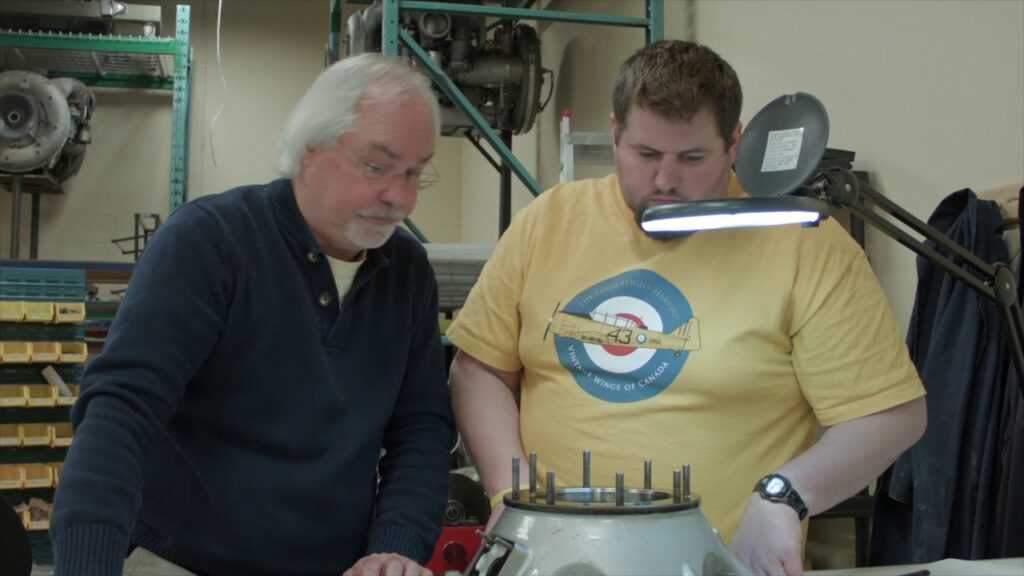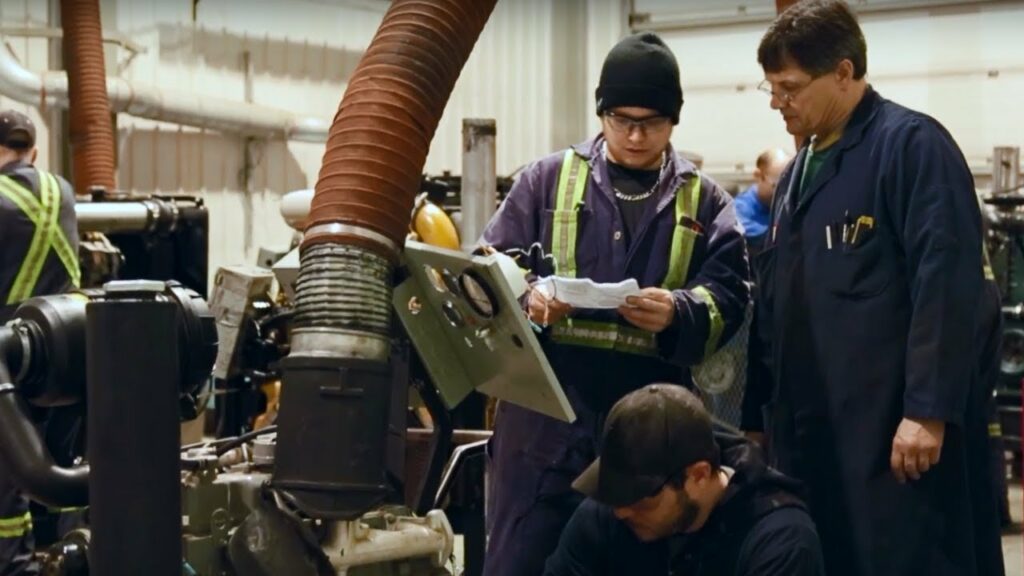Are you considering skilled trades programs in Canada? Electricians, plumbers, and construction workers are what many of us think of when we hear the words “skilled trades”. While there are four main categories of skilled trades—construction, transportation, manufacturing, and service—there are actually dozens of different occupations that fall under each category. In fact, there are more than 300 different types of skilled trade jobs across Canada alone.
What’s a Skilled Trade?
Skilled trades are occupations that demand very specific knowledge and expertise. To prepare to enter the workforce in a skilled trade, students typically study a skilled trades program at the college level. This is usually followed by an apprenticeship, where they can earn money as they continue to learn and hone their craft.
There are many advantages to becoming a skilled tradesperson. Skilled tradespeople are in high demand and can earn an excellent salary with lots of potential for advancement. Skilled tradespeople also gain a wealth of transferable skills that can be used across different occupations.
Join us as we take a look at five popular skilled trades programs in Canada. These programs are all offered at the college level—either diplomas or certificates. They can be completed in as little as just one year, allowing graduates to enter the workforce and begin earning money sooner than other programs.
Be sure to check back next week as we explore more skilled trades programs offered in the United States and Australia.

Aircraft Turbine Technician | Holland College
1-Year College Certificate
Do you have a keen eye for detail, as well as a passion for airplanes and aerospace? Holland College’s one-year Aircraft Turbine Technician college certificate teaches students the techniques, procedures, and documentation requirements to excel in this fast-paced industry. Professionals in this field “inspect aircraft engines, troubleshoot issues with mechanical systems, and modify, repair, and test turbine engines.”
Holland College wholeheartedly believes that students learn best through practical training, which comprises approximately 60% of this program. Students will have the opportunity to work on an array of turbine engines, such as the Pratt and Whitney 100 series, which is used in the de Havilland Dash 8, as well as the Pratt and Whitney PT6 and the Rolls Royce 250.
Graduates of the Aircraft Turbine Technician program have gone on to find employment with Vector Aerospace, Action Aero, 3Points Aviation, Honeywell Aerospace, and Pratt and Whitney, among others. Only the sky’s the limit!

Automotive Service Technology | Vancouver Community College
2-Year College Diploma
If cars have always been your thing, then Vancouver Community College’s two-year college diploma in Automotive Service Technology might be just the ticket. Students will discover cutting-edge tools and techniques in automotive diagnostics and repair, including engines, tires, electronics, fuel systems, brakes, and transmissions.
Best of all, this program is designed exclusively for international students. Through a combination of classroom and shop environment learning, students will gain the theoretical knowledge and practical experience to thrive in the automotive industry. In the classroom, students will be taught through various learning styles and approaches, including lectures, presentations, group work, and exams. Students will then graduate to the shop environment, where they will take this newfound knowledge and interact with and diagnose, service, and repair all parts of vehicles.
Graduates of the Automotive Service Technology program will be ready to tackle a variety of careers in the automotive repair sector.

Electrical Engineering Technician | St. Lawrence College
2-Year College Diploma
If you enjoy problem-solving, as well as working independently and on a team, the two-year Electrical Engineering Technician college diploma program at St. Lawrence College should be on your radar. Students will learn to design, implement, and maintain power generation, distribution and control systems, entertainment and communication systems, and process, automation, and manufacturing systems. Students enrolled in this program will learn all about:
- Canadian Electrical Code usage and application
- Reading and creating blueprints, schematics, and wiring diagrams
- Residential, commercial, and industrial wiring
- Industrial process measurement, calibration, and control
- Industrial automation systems with programmable logic controllers and motor control equipment
- Power generation and distribution equipment
- Fire alarm, security, and communication systems
Graduates of the Electrical Engineering Technician program will be able to take their theoretical and practical knowledge and apply it as electrical engineering technicians, industrial electricians, and construction and maintenance electricians.

Heavy Equipment and Truck Transport Technician | Saskatchewan Polytechnic
1-Year College Certificate
If big rigs are your jam, you might want to consider Saskatchewan Polytechnic’s one-year Heavy Equipment and Truck Transport Technician college certificate. This program equips students with the know-how to maintain, service, diagnose, and repair heavy equipment, transport vehicles, buses, and trucks. The program is split between 60% shop time and 40% class time, where students will receive training in:
- Air conditioning and heating systems
- Brake, steering, and suspension systems
- Electrical and hydraulic systems
- Engines, fuel systems, and power trains
- Equipment operation and maintenance
- Trade math and blueprint reading
- Use of shop equipment and tools
- Welding
Students may also be eligible to earn credit towards apprenticeship training through the Saskatchewan Apprenticeship and Trade Certification Commission (SATCC).
Graduates will be well equipped to start exciting careers in an equipment dealership, transportation company, public transit operation, or a service and rental company. For those who prefer more hands-on work, there are also opportunities in construction, forestry, mining, and oil and gas, as well as sales, marketing, and management.
Mechanical Technician – Tool Making | Sheridan College
2-Year College Diploma
If you’re looking for a fast track to an apprenticeship and a rewarding career in toolmaking, Sheridan College’s Mechanical Technician – Tool Making program is just for you. Students will learn in state-of-the-art facilities, including labs that replicate the actual 21st-century workplace, and with the very latest in tool-making technology and equipment, becoming proficient in:
- Precision machining
- Computer Numerical Control (CNC) programming
- Computer-Aided Manufacturing (CAM)
- Computer-Aided Drafting and Design (CADD)
Following the completion of their third semester, students will have the opportunity to put what they’ve learned into action. By participating in on-the-job training, students can earn up to 2,000 hours of invaluable hands-on experience, which can be put towards an apprenticeship.
Tool and die makers are in high demand across a wide range of industries. Graduates will have no trouble finding an exciting job in automotive, aircraft, plastics, telecommunications, and other fulfilling fields.
Explore more exciting college programs in Canada on ApplyBoard!




